Residents of America’s Cancer-Cursed State Demand Answers as Rates of Disease Mysteriously Soar
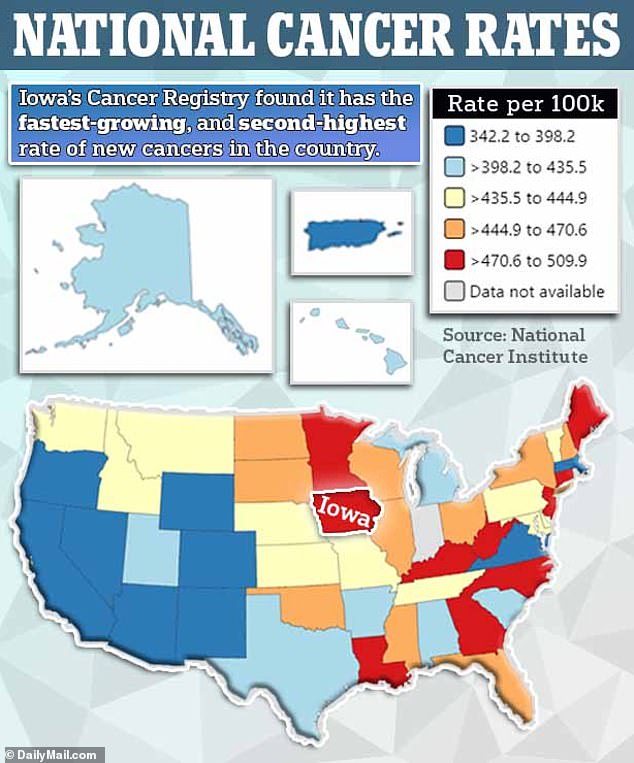 Across Iowa, people have known for a long time what data is only now beginning to confirm — cancer incidence in the state is outstandingly high.
Across Iowa, people have known for a long time what data is only now beginning to confirm — cancer incidence in the state is outstandingly high.
Iowa became the focus of national attention earlier this year when data showed it had the fastest growing rate of new cancers of any state in America.
That’s more than the Rust Belt states, where lifelong factory work, smoking rates and lack of healthcare puts locals at a higher risk for developing the disease. And more than southern states where rates of obesity, alcohol use and poverty make them more prone to the disease… (Continue to full article)
Table Salt Can Activate Immune Cells Against Cancer
 Salt has been used for a myriad of reasons throughout history. Not only did individuals use it to preserve food, but it was also used to garden, to construct new roads, and in religious ceremonies. Salt was even used as a form of currency.
Salt has been used for a myriad of reasons throughout history. Not only did individuals use it to preserve food, but it was also used to garden, to construct new roads, and in religious ceremonies. Salt was even used as a form of currency.
Even today we use salt to flavor food, heal a sore throat, clean metal, remove stains, and relieve bee stings, among others.
While salt is used for all these things, particularly wound healing, scientists are unsure of their systemic impact on immune cells. There is limited research linking immunity with salt, with the exception that large amounts of salt intake are deleterious to the body.
More specifically, scientists were previously unaware of the implications table salt might have on cancer immunotherapy outcomes…. (Continue to full article)
CANCER Has Been Routinely Induced By VACCINES Since 1960
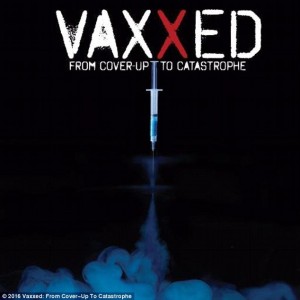 Oh, the insidious cancer industrial complex of America. Do not put anything past it. Vaccines have been dirty, adulterated and contaminated since the onset. You can’t even say the word ‘vaccines’ without some pro-vax-zealot/historian spitting up the name Jonas Salk and that supposed “medical triumph.”
Oh, the insidious cancer industrial complex of America. Do not put anything past it. Vaccines have been dirty, adulterated and contaminated since the onset. You can’t even say the word ‘vaccines’ without some pro-vax-zealot/historian spitting up the name Jonas Salk and that supposed “medical triumph.”
The highly-uncontrolled Polio vaccine experiment, and that’s what it was, of the 1950s and 60s, exposed nearly 100 million Americans to SV40 (Simian Virus 40), a monkey virus that can cause cancer in humans.
Guess what? SV40 catapults turbo cancer. That’s what’s happening now to people who got the mRNA gene-mutating spike-protein injections (Covid jabs). Each dose of an mRNA Covid injection contains millions, if not billions, of copies of SV40 enhancer, as identified in the Pfizer Wuhan Virus stab… (Continue to full article)
New Breast Cancer Screening Requirement Takes Effect: FDA
 Women must be informed of their breast density, which is linked to breast cancer risks.
Women must be informed of their breast density, which is linked to breast cancer risks.
As of Sept. 10, all women undergoing mammography for breast cancer will be informed on the density of their breasts, according to a new update by the U.S. Food and Drug Administration (FDA).
On March 9, 2023, the FDA issued an update requiring all mammography facilities to comply.
Dense breast tissue can make cancer more difficult to detect on a mammogram, the FDA wrote in its statement. Like cancer tumors, fibroglandular tissue appears white on mammograms.
According to the release, approximately half of women over 40 in the United States have dense breast tissue. Dense breasts are also a risk factor for breast cancer development… (Continue to full article)
Signs and Symptoms of Pancreatic Cancer
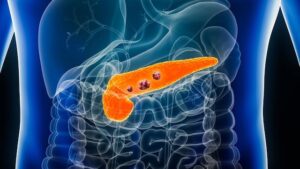 Some people get cancer of the pancreas, the organ in your abdomen that makes digestive enzymes and hormones such as insulin. The cancerous mass can interfere with the pancreas’ function and lead to symptoms such as stomach or back pain, jaundice (yellowed skin), diarrhea, nausea, weight loss, and diabetes.
Some people get cancer of the pancreas, the organ in your abdomen that makes digestive enzymes and hormones such as insulin. The cancerous mass can interfere with the pancreas’ function and lead to symptoms such as stomach or back pain, jaundice (yellowed skin), diarrhea, nausea, weight loss, and diabetes.
Early in the disease, pancreatic cancer is typically asymptomatic (doesn’t cause any symptoms). Symptoms from pancreatic cancer often start gradually and intermittently, so people may dismiss them. Often by the time symptoms are more significant, the cancer is already large, or it has already spread. This makes it more difficult to treat.
But not everyone with pancreatic cancer will have all these symptoms. Most people who have one of these symptoms have a different medical condition and not pancreatic cancer… (Continue to full article)
 Medicinal herbs and their phytocompounds are being increasingly considered to be helpful in alternative cancer treatments. Many clinical studies have reported the benefits of herbal medicines on cancer patients’ survival, immune modulation, and quality of life.
Medicinal herbs and their phytocompounds are being increasingly considered to be helpful in alternative cancer treatments. Many clinical studies have reported the benefits of herbal medicines on cancer patients’ survival, immune modulation, and quality of life.
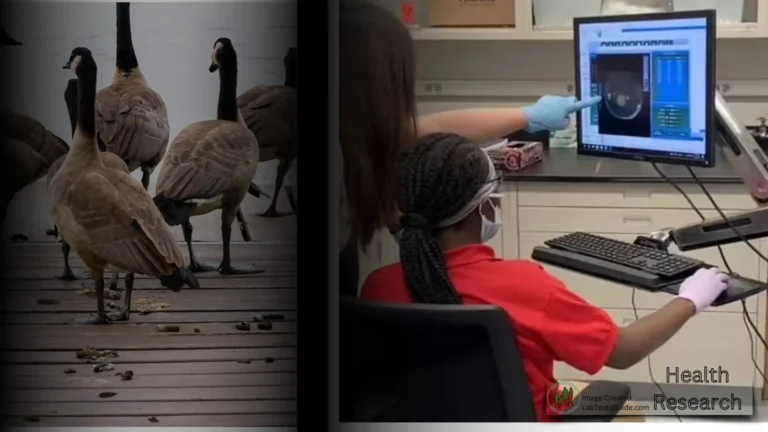 A middle school student from Chicago has helped discover a surprising ingredient that could safeguard against cancer.
A middle school student from Chicago has helped discover a surprising ingredient that could safeguard against cancer. Fructose — which is added to thousands of US food and drinks — was found to speed up the growth of certain kinds of skin, breast and cervical tumors. The study showed this type of sugar gets converted by the liver into components that tumors need to build new cells and grow.
Fructose — which is added to thousands of US food and drinks — was found to speed up the growth of certain kinds of skin, breast and cervical tumors. The study showed this type of sugar gets converted by the liver into components that tumors need to build new cells and grow. ~ Introduction ~
~ Introduction ~ The diagnosis of prostate cancer relies heavily on the results of a prostate biopsy. A pathologist will analyze the biopsy and assignment a Gleason score or grade. Gleason scores reflect how likely it is that it tumor will spread. The score can vary between 2 and 10 where 2 indicates a small likelihood of spread and 10 indicates a high likelihood of spread. The oncologist will also determine the size of the tumor, if there are cancer cells in nearby lymph nodes or if there is any cancer present in distant tissues (metastasis). The choice of conventional treatment is based on PSA level, Gleason scores, and other information about the prostate tumor. Unfortunately, a negative biopsy (no disease seen) does not exclude the diagnosis of prostate cancer (i.e., a false negative result).
The diagnosis of prostate cancer relies heavily on the results of a prostate biopsy. A pathologist will analyze the biopsy and assignment a Gleason score or grade. Gleason scores reflect how likely it is that it tumor will spread. The score can vary between 2 and 10 where 2 indicates a small likelihood of spread and 10 indicates a high likelihood of spread. The oncologist will also determine the size of the tumor, if there are cancer cells in nearby lymph nodes or if there is any cancer present in distant tissues (metastasis). The choice of conventional treatment is based on PSA level, Gleason scores, and other information about the prostate tumor. Unfortunately, a negative biopsy (no disease seen) does not exclude the diagnosis of prostate cancer (i.e., a false negative result). 

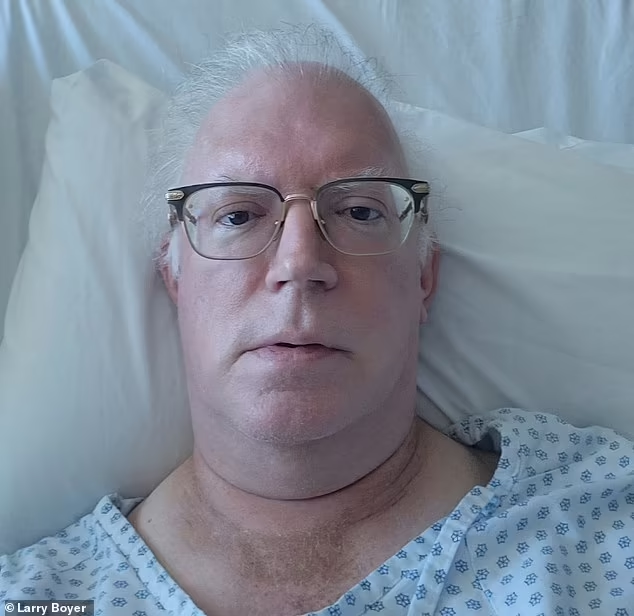 Larry Boyer was told he had just six months to live after being diagnosed with stage four pancreatic cancer.
Larry Boyer was told he had just six months to live after being diagnosed with stage four pancreatic cancer.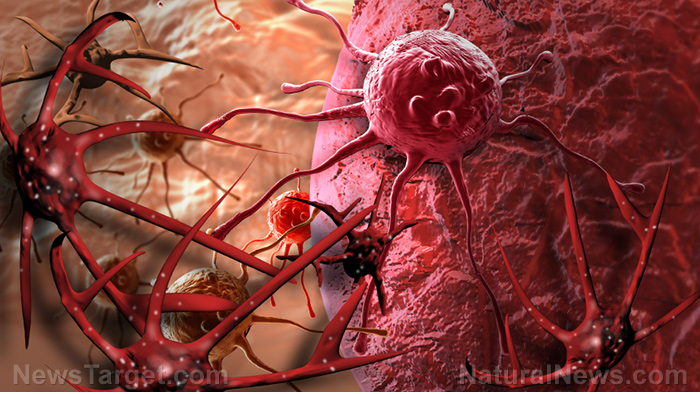 I have believed for a long time that the American Medical Complex and the Consumer Food and Beverage Industrial Complex have little interest in the prevention of disease. It makes far better business sense to let the population eat, drink and smoke to their heart’s content and then offer seemingly high tech and expensive methods for cleaning up the aftermath. In the United States, the food industry alone generates 500 billion dollars in sales: Bacon, eggs, milk, fast food franchises, soft drinks, fried food, dead food, overcooked food, sweets, treats and canned goods.
I have believed for a long time that the American Medical Complex and the Consumer Food and Beverage Industrial Complex have little interest in the prevention of disease. It makes far better business sense to let the population eat, drink and smoke to their heart’s content and then offer seemingly high tech and expensive methods for cleaning up the aftermath. In the United States, the food industry alone generates 500 billion dollars in sales: Bacon, eggs, milk, fast food franchises, soft drinks, fried food, dead food, overcooked food, sweets, treats and canned goods. Cancer is becoming more prevalent and is also affecting more younger adults. The major risk factors for cancer include high-stress levels, depression, exposure to environmental toxins like microplastics, and unhealthy dietary habits. Traditional Chinese medicine (TCM) offers effective methods for cancer prevention and relief.
Cancer is becoming more prevalent and is also affecting more younger adults. The major risk factors for cancer include high-stress levels, depression, exposure to environmental toxins like microplastics, and unhealthy dietary habits. Traditional Chinese medicine (TCM) offers effective methods for cancer prevention and relief.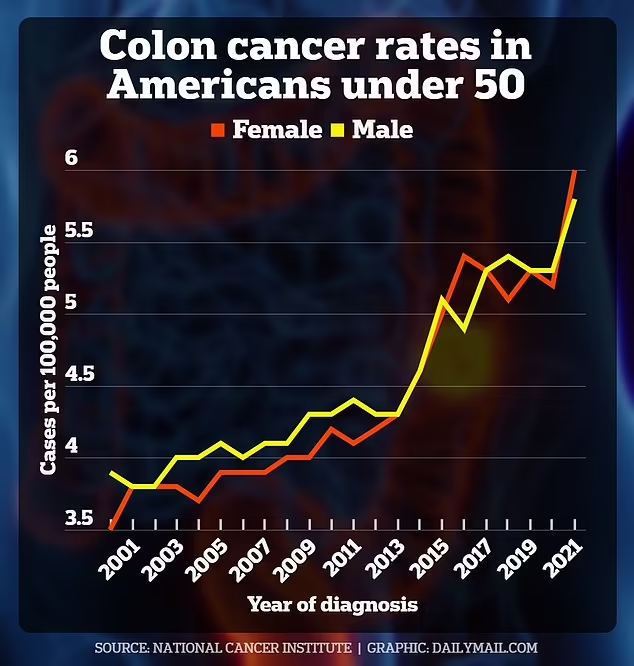
 Across Iowa, people have known for a long time what data is only now beginning to confirm — cancer incidence in the state is outstandingly high.
Across Iowa, people have known for a long time what data is only now beginning to confirm — cancer incidence in the state is outstandingly high. Salt has been used for a myriad of reasons throughout history. Not only did individuals use it to preserve food, but it was also used to garden, to construct new roads, and in religious ceremonies. Salt was even used as a form of currency.
Salt has been used for a myriad of reasons throughout history. Not only did individuals use it to preserve food, but it was also used to garden, to construct new roads, and in religious ceremonies. Salt was even used as a form of currency. Oh, the insidious cancer industrial complex of America. Do not put anything past it. Vaccines have been dirty, adulterated and contaminated since the onset. You can’t even say the word ‘vaccines’ without some pro-vax-zealot/historian spitting up the name Jonas Salk and that supposed “medical triumph.”
Oh, the insidious cancer industrial complex of America. Do not put anything past it. Vaccines have been dirty, adulterated and contaminated since the onset. You can’t even say the word ‘vaccines’ without some pro-vax-zealot/historian spitting up the name Jonas Salk and that supposed “medical triumph.” Women must be informed of their breast density, which is linked to breast cancer risks.
Women must be informed of their breast density, which is linked to breast cancer risks. Some people get cancer of the pancreas, the organ in your abdomen that makes digestive enzymes and hormones such as insulin. The cancerous mass can interfere with the pancreas’ function and lead to symptoms such as stomach or back pain, jaundice (yellowed skin), diarrhea, nausea, weight loss, and diabetes.
Some people get cancer of the pancreas, the organ in your abdomen that makes digestive enzymes and hormones such as insulin. The cancerous mass can interfere with the pancreas’ function and lead to symptoms such as stomach or back pain, jaundice (yellowed skin), diarrhea, nausea, weight loss, and diabetes.